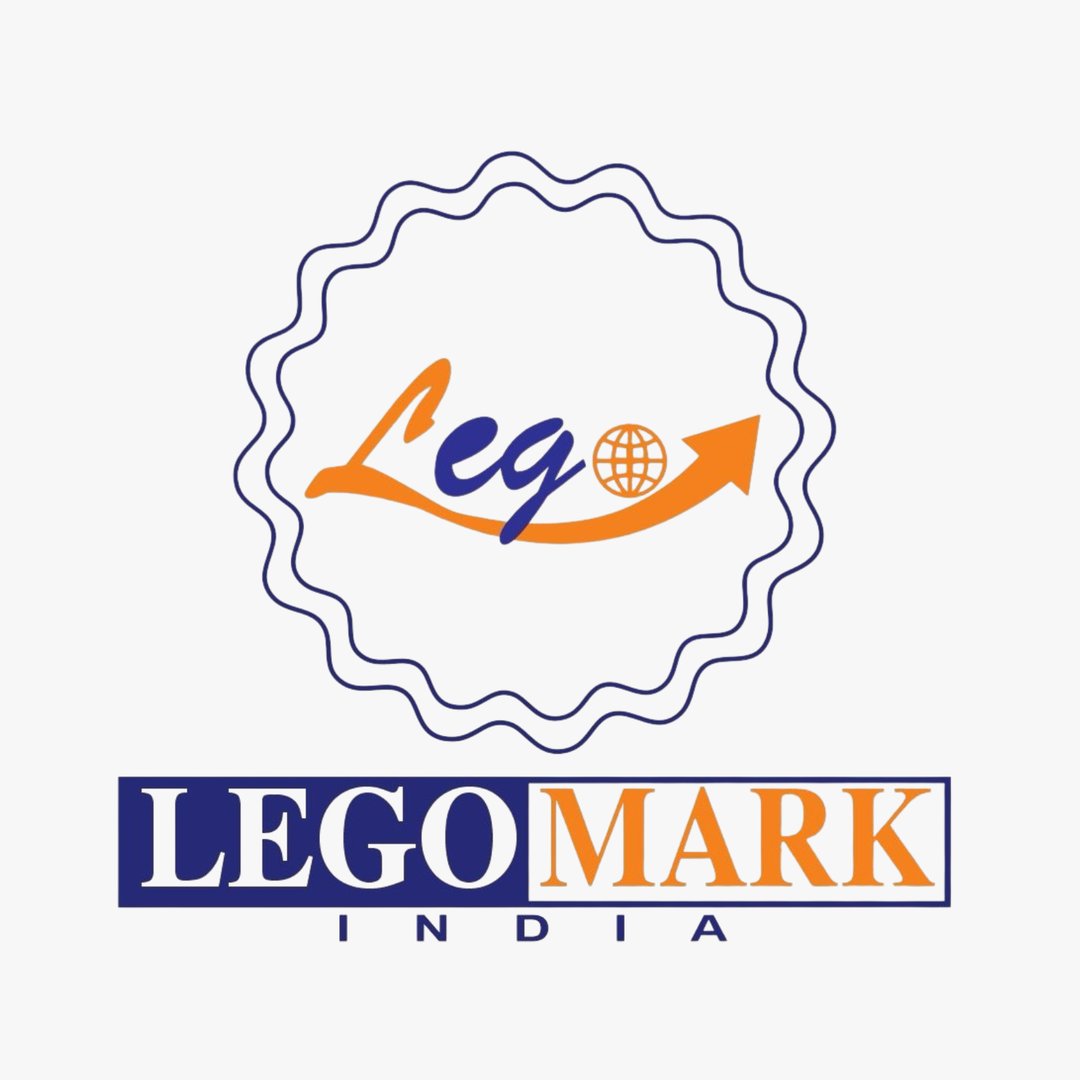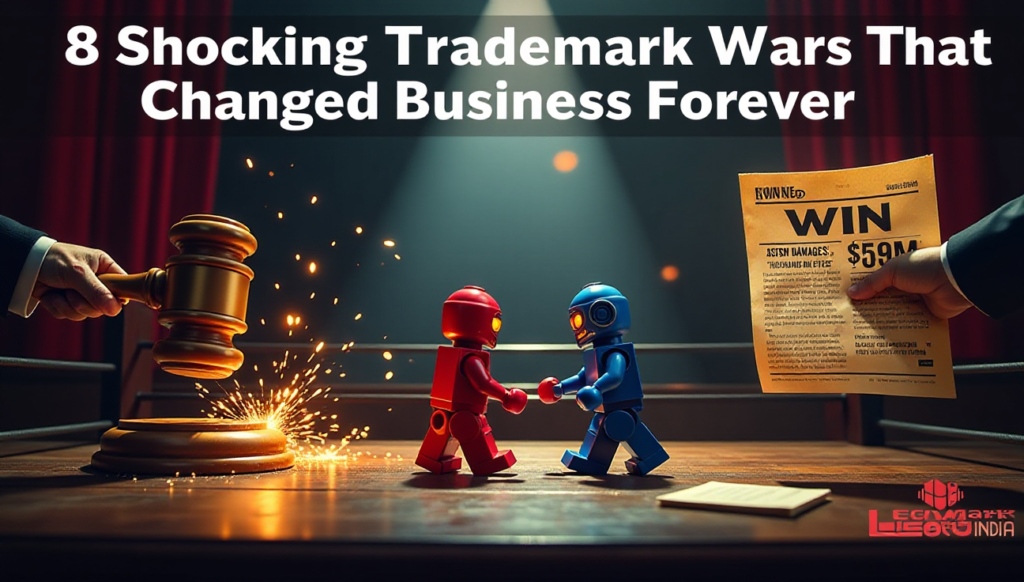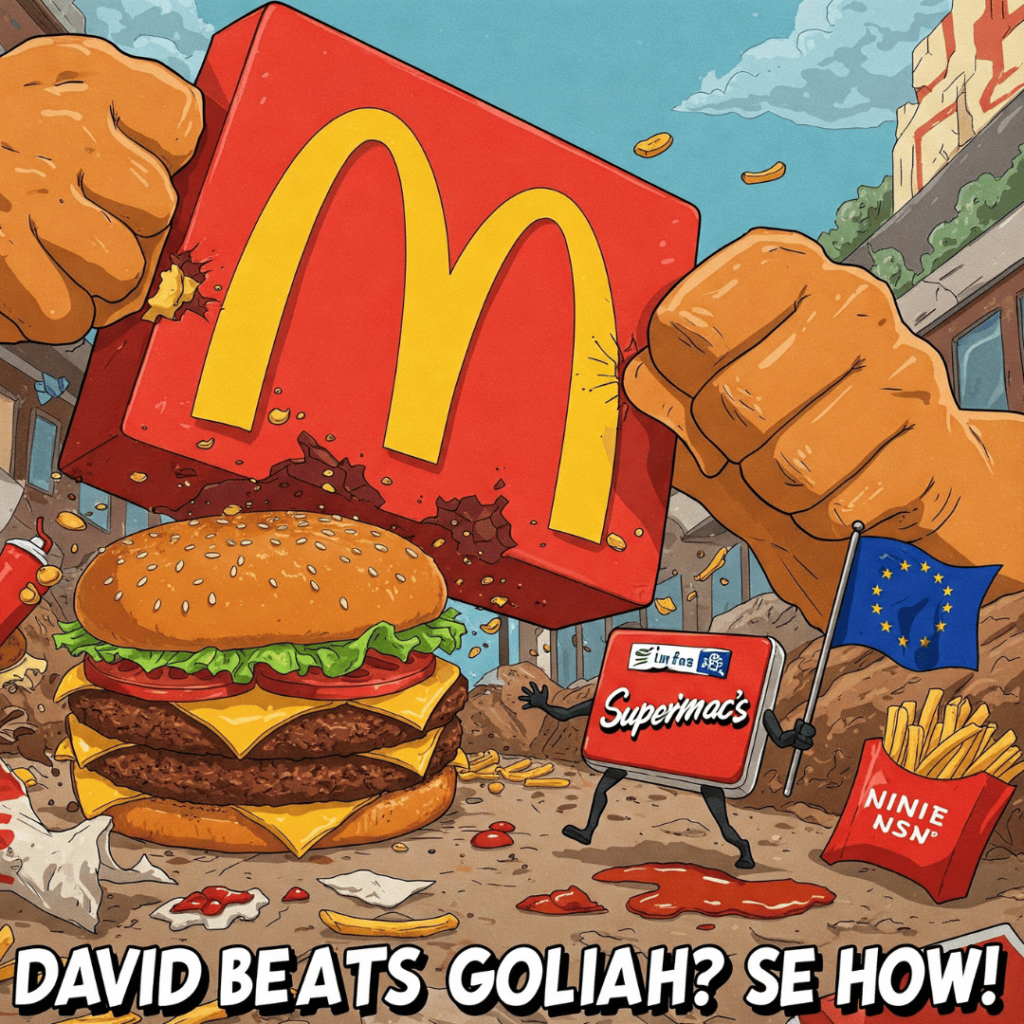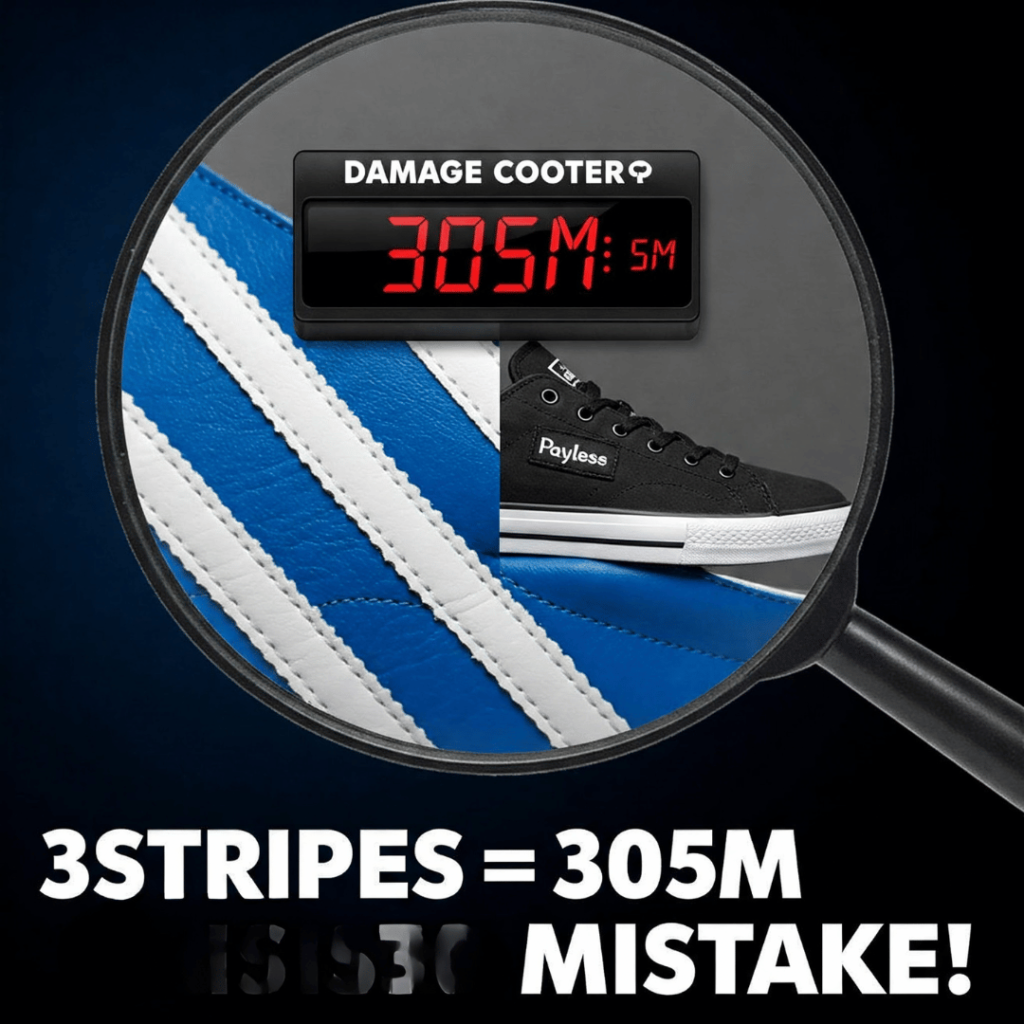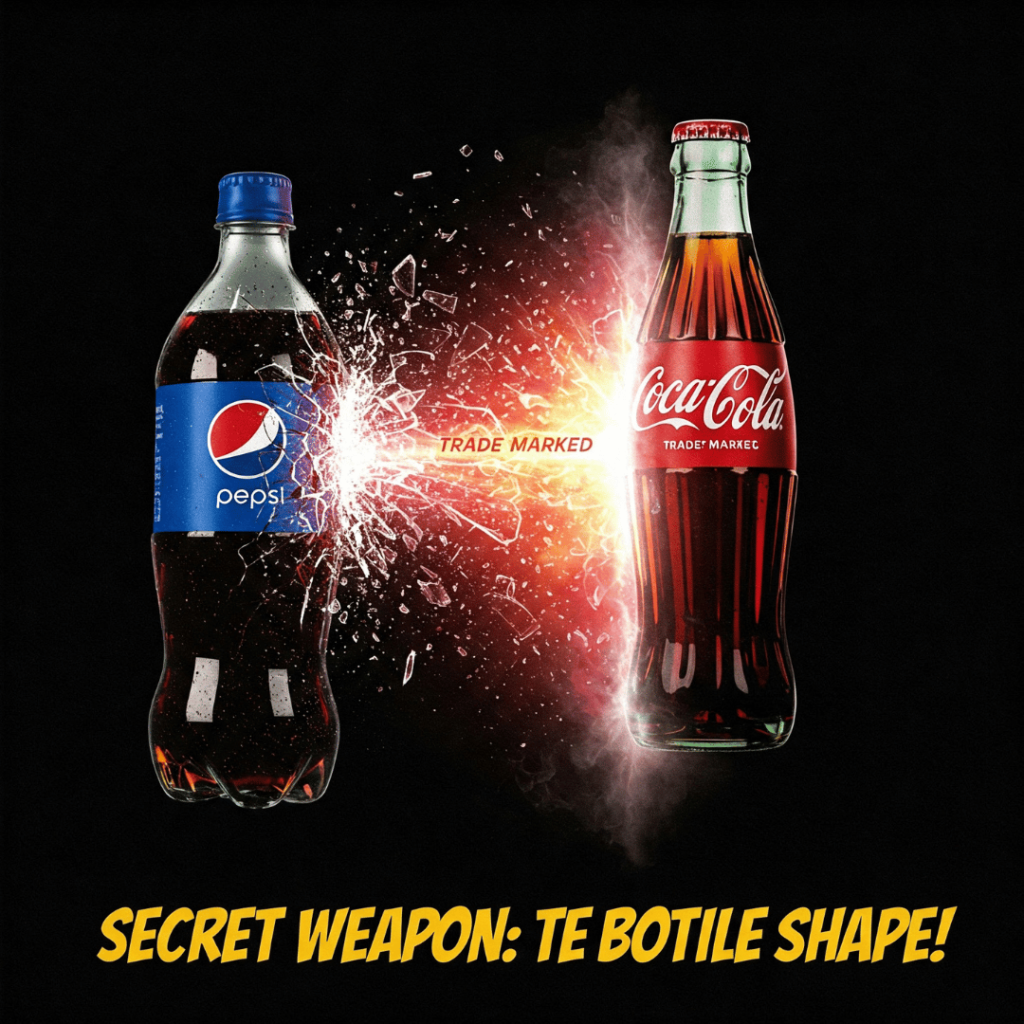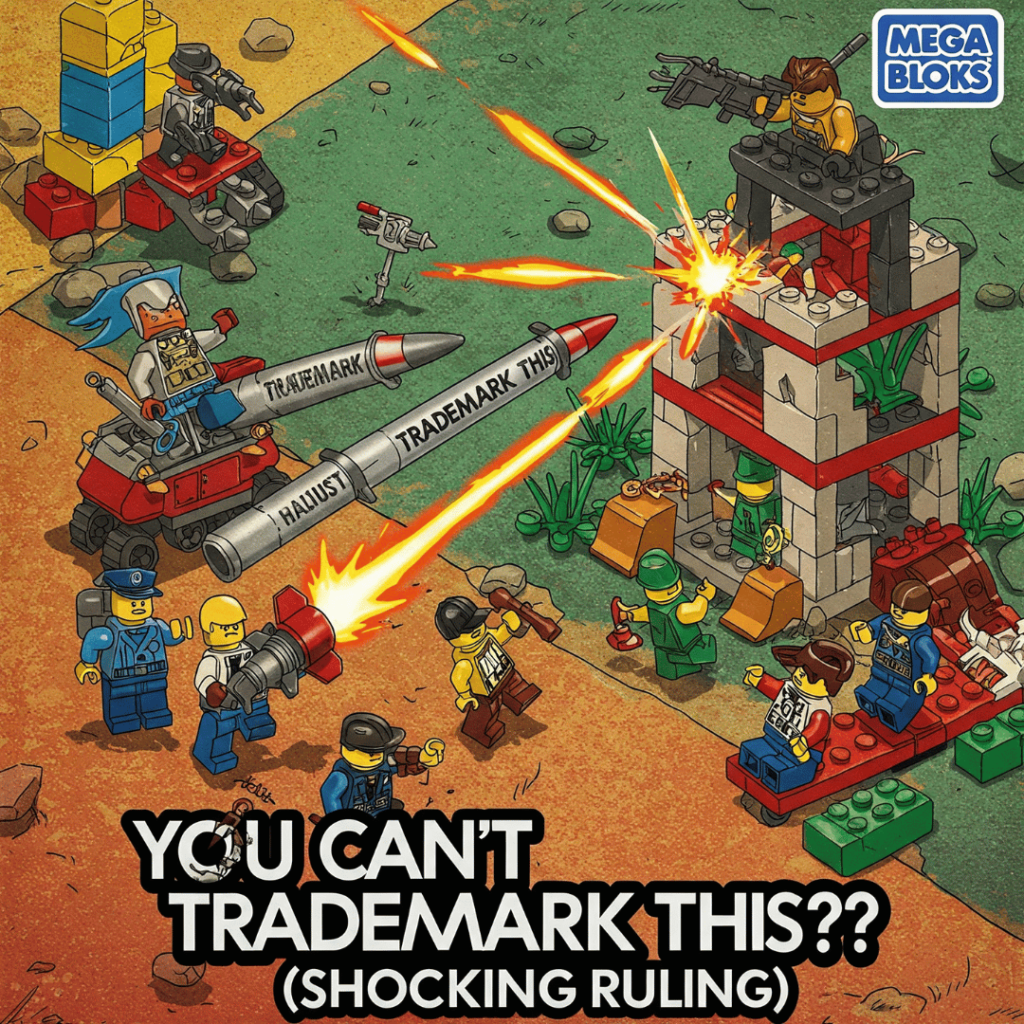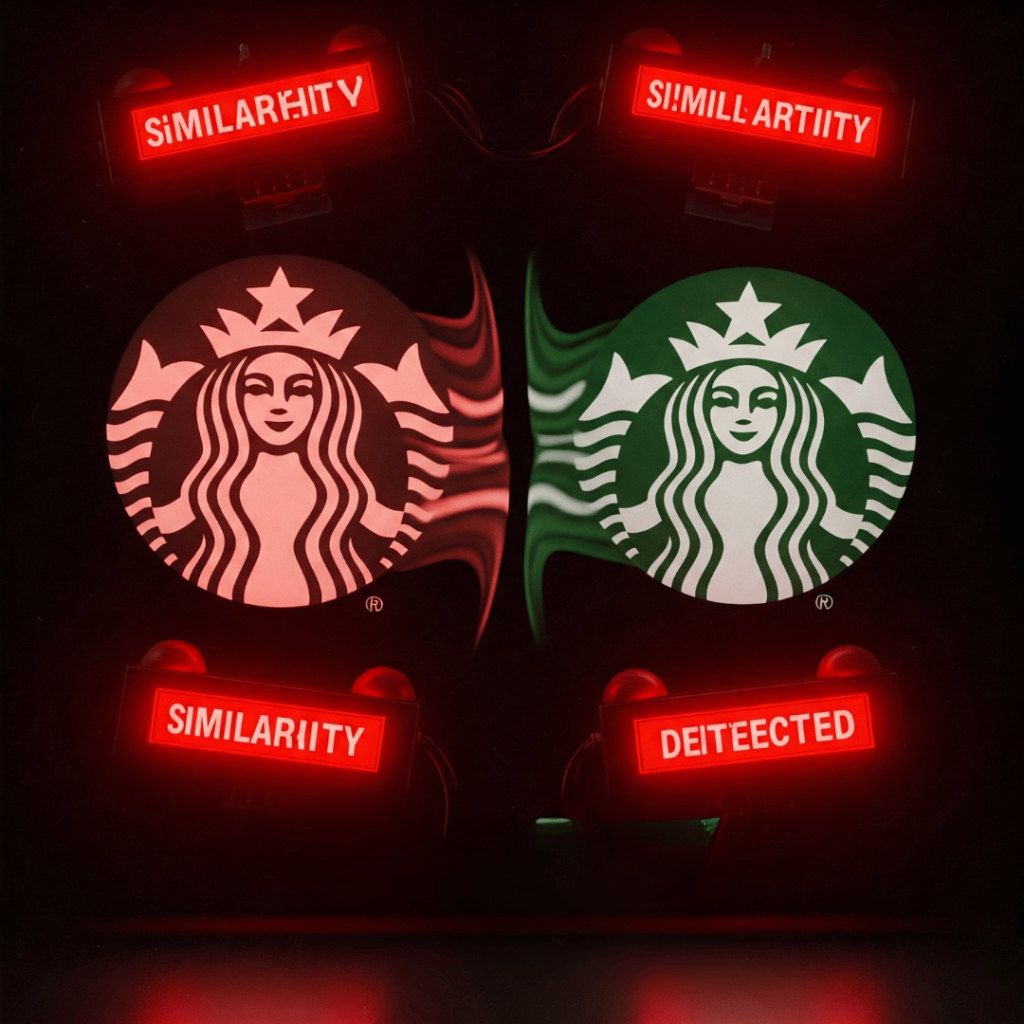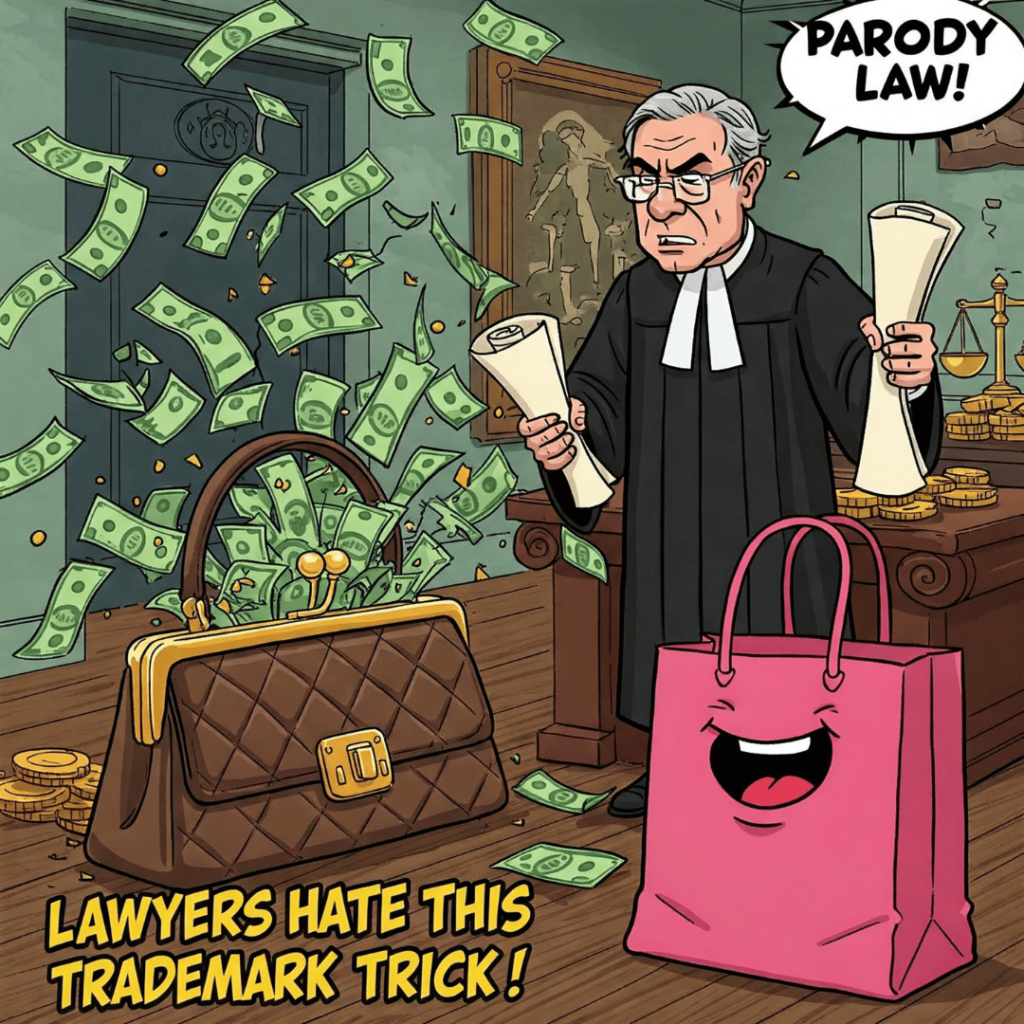TM Registration disputes are more common than you might think, and they can have significant consequences for businesses. From global giants to small startups, no company is immune to the challenges of protecting their brand identity. At LegoMark India, we understand the importance of safeguarding your trademark and are here to help you navigate potential disputes. In this blog, we’ll explore some of the most famous trademark disputes and legal battles, highlighting the lessons businesses can learn from these cases.
1. Apple vs. Samsung
The Dispute:
One of the most high-profile trademark disputes in recent history, Apple and Samsung have been locked in a global legal battle over design patents and trademarks. Apple accused Samsung of copying the design of its iPhone, including the rectangular shape with rounded corners and the grid of icons.
The Outcome:
After years of litigation, the case was settled in 2018, with Samsung agreeing to pay Apple $539 million in damages. The dispute highlighted the importance of protecting not just logos and names, but also product designs and user interfaces.
Lesson Learned:
Design elements can be just as important as traditional trademarks. Businesses should consider registering design patents and trademarks to protect their unique product features.
2. McDonald’s vs. Supermac’s
The Dispute:
McDonald’s opposed the Irish fast-food chain Supermac’s attempt to register its name in the EU, citing potential confusion with its “Mc” prefix. McDonald’s argued that the “Mc” prefix was synonymous with its brand and that Supermac’s name could mislead consumers.
The Outcome:
In 2019, the European Union Intellectual Property Office (EUIPO) ruled in favor of Supermac’s, allowing the company to register its name. The decision was a blow to McDonald’s, which had previously used its “Mc” prefix to block other trademarks.
Lesson Learned:
Trademark protection is not absolute. Businesses must be prepared to defend their trademarks in court and provide evidence of consumer confusion.
3. Adidas vs. Payless
The Dispute:
Adidas sued Payless for selling shoes with stripes that closely resembled its trademarked three-stripe design. Adidas argued that the stripes caused confusion among consumers and diluted its brand.
The Outcome:
In 2008, a jury awarded Adidas $305 million in damages, one of the largest trademark infringement awards in history. The case underscored the importance of protecting distinctive design elements.
Lesson Learned:
Distinctive design elements, such as logos and patterns, can be valuable trademarks. Businesses should monitor for potential infringements and take swift action to enforce their rights.
4. Coca-Cola vs. Pepsi
The Dispute:
Coca-Cola and Pepsi have been engaged in a long-standing rivalry, with both companies fiercely protecting their trademarks. In one notable case, Coca-Cola accused Pepsi of copying the design of its bottle, which is a registered trademark.
The Outcome:
The case was settled out of court, with Pepsi agreeing to modify its bottle design. The dispute highlighted the importance of protecting not just brand names and logos, but also product packaging.
Lesson Learned:
Product packaging can be a valuable trademark. Businesses should consider registering their packaging designs to prevent imitation.
5. Lego vs. Mega Bloks
The Dispute:
Lego, the Danish toy company, has been involved in numerous trademark disputes over the years. One notable case involved Mega Bloks, a competitor that produced building blocks similar to Lego’s. Lego argued that Mega Bloks’ products infringed on its trademark and trade dress.
The Outcome:
The courts ruled in favor of Mega Bloks, stating that the shape of the building blocks was functional and could not be trademarked. The decision was a setback for Lego, which has since focused on protecting its brand through other means.
Lesson Learned:
Functional elements cannot be trademarked. Businesses should focus on protecting distinctive, non-functional elements of their products.
6. Starbucks vs. Sardarbuksh
The Dispute:
Starbucks sued the Indian coffee chain Sardarbuksh, alleging that its name and logo were too similar to Starbucks. Sardarbuksh’s logo featured a circular design with a woman in a sari, which Starbucks argued was confusingly similar to its own logo.
The Outcome:
The case was settled out of court, with Sardarbuksh agreeing to change its name to “Sardarji-Bakhsh.” The dispute highlighted the importance of conducting a thorough trademark search before choosing a brand name.
Lesson Learned:
A comprehensive trademark search is essential to avoid conflicts with existing trademarks. Businesses should consult a trademark attorney to ensure their brand name and logo are unique.
7. Louis Vuitton vs. My Other Bag
The Dispute:
Louis Vuitton, the luxury fashion brand, sued My Other Bag, a company that sold tote bags featuring parody designs of luxury brands. Louis Vuitton argued that the bags infringed on its trademark and diluted its brand.
The Outcome:
The court ruled in favor of My Other Bag, stating that the designs were protected under the fair use doctrine as parody. The decision was a victory for free speech and a reminder that not all uses of a trademark are infringing.
Lesson Learned:
Trademark rights are not absolute. Businesses must be prepared to defend their trademarks in court and consider the potential for fair use defenses.
8. Google vs. Groovle
The Dispute:
Google opposed the registration of the domain name “Groovle” by a Canadian company, arguing that it was confusingly similar to its own name. Google claimed that the similarity could lead to consumer confusion and dilute its brand.
The Outcome:
The Canadian Intellectual Property Office ruled in favor of Groovle, stating that the names were not confusingly similar. The decision highlighted the challenges of protecting a globally recognized brand.
Lesson Learned:
Even well-known brands can face challenges in enforcing their trademarks. Businesses should be proactive in monitoring for potential infringements and taking action when necessary.
How LegoMark India Can Help
At LegoMark India, we specialize in helping businesses protect their trademarks and navigate potential disputes. Our services include:
Conclusion
TM Register disputes can be costly and damaging, but they can also be avoided with proper planning and protection. By learning from famous cases and working with experienced professionals, businesses can safeguard their brand identity and avoid costly legal battles. At LegoMark India, we’re here to help you protect your trademark and ensure your brand’s success.
Don’t let your brand become the next headline in a trademark dispute. Let LegoMark India help you secure and enforce your trademark rights. Contact us today to get started!
